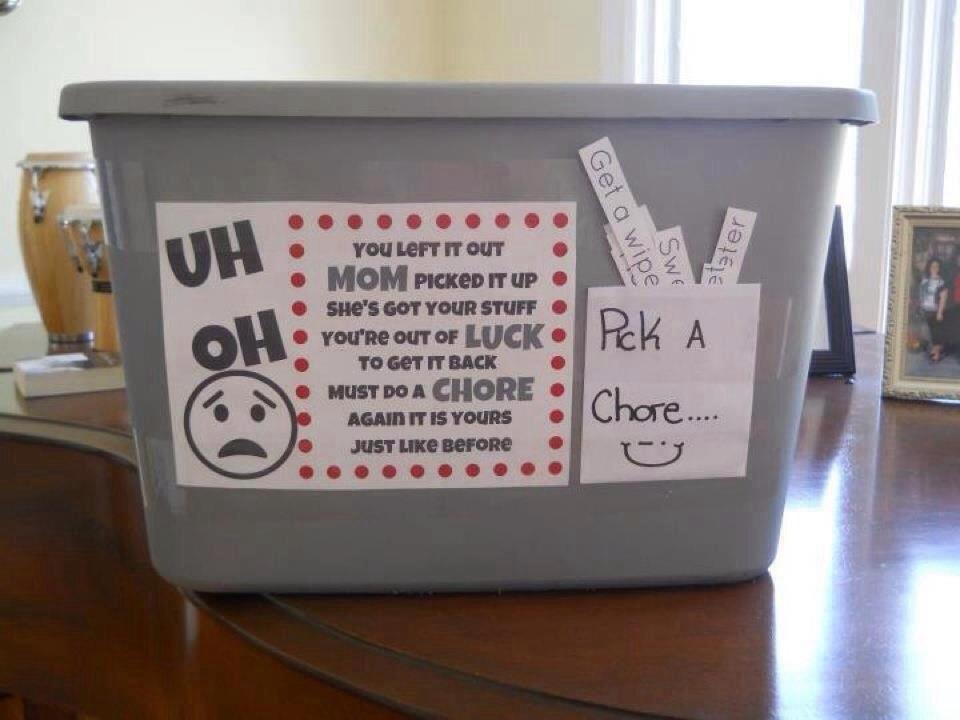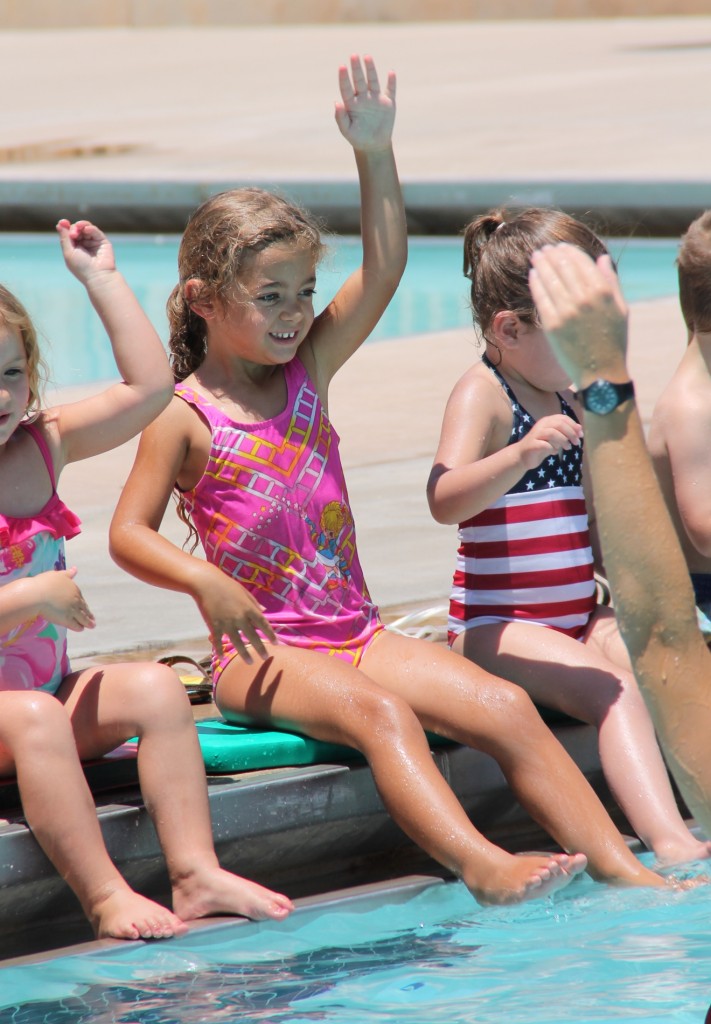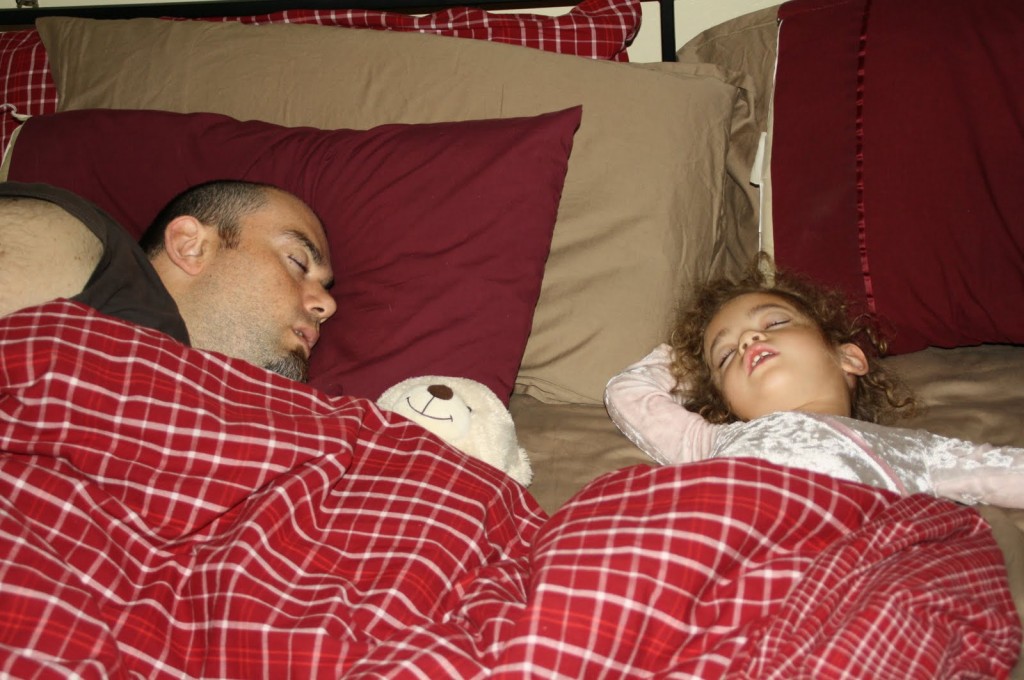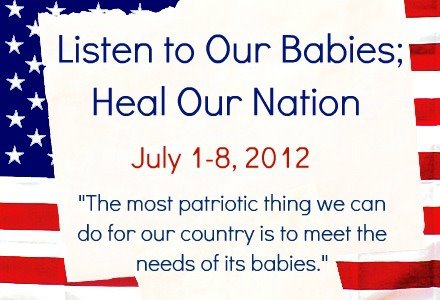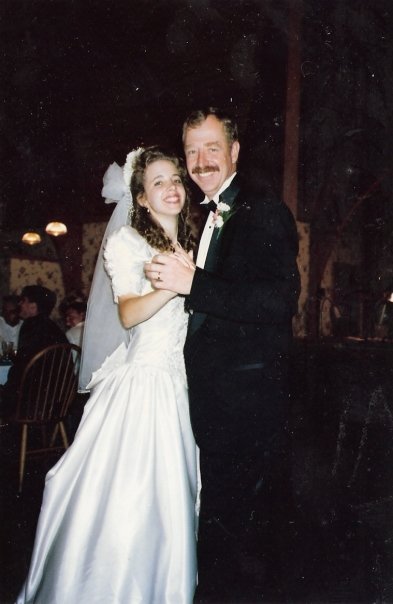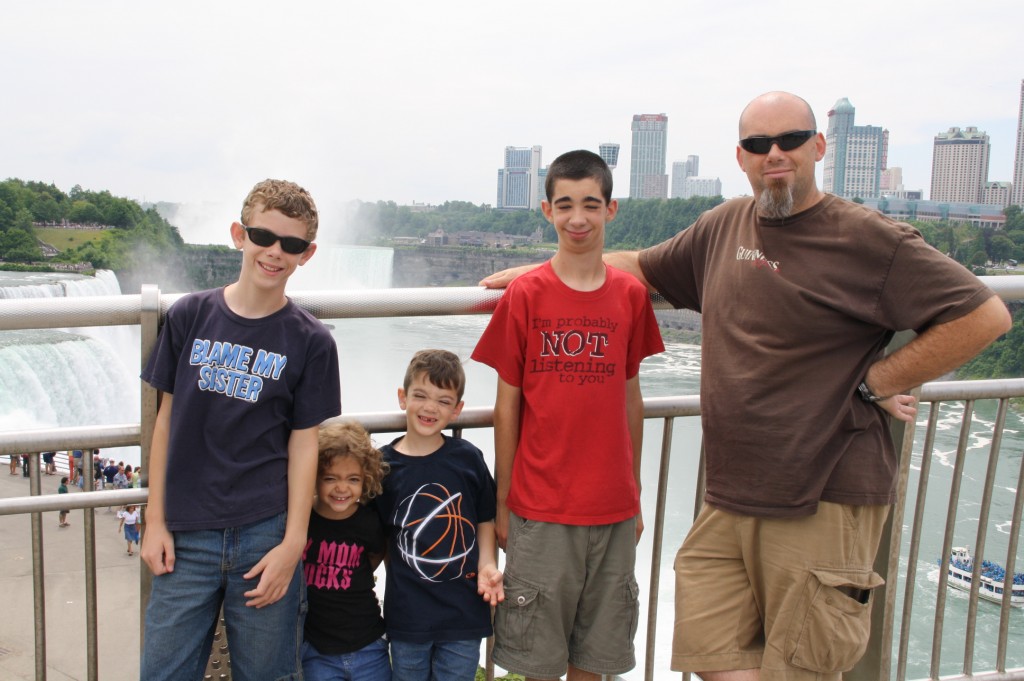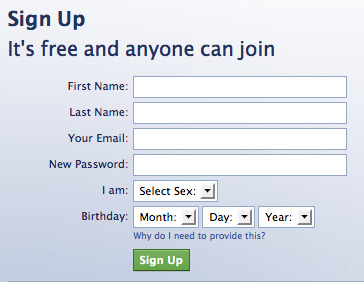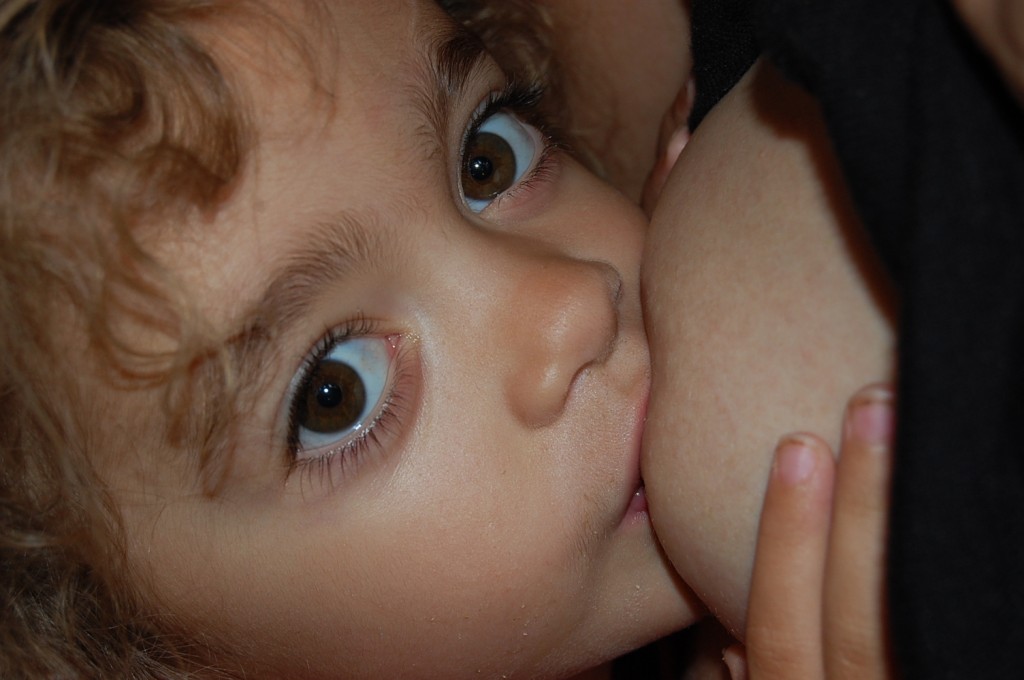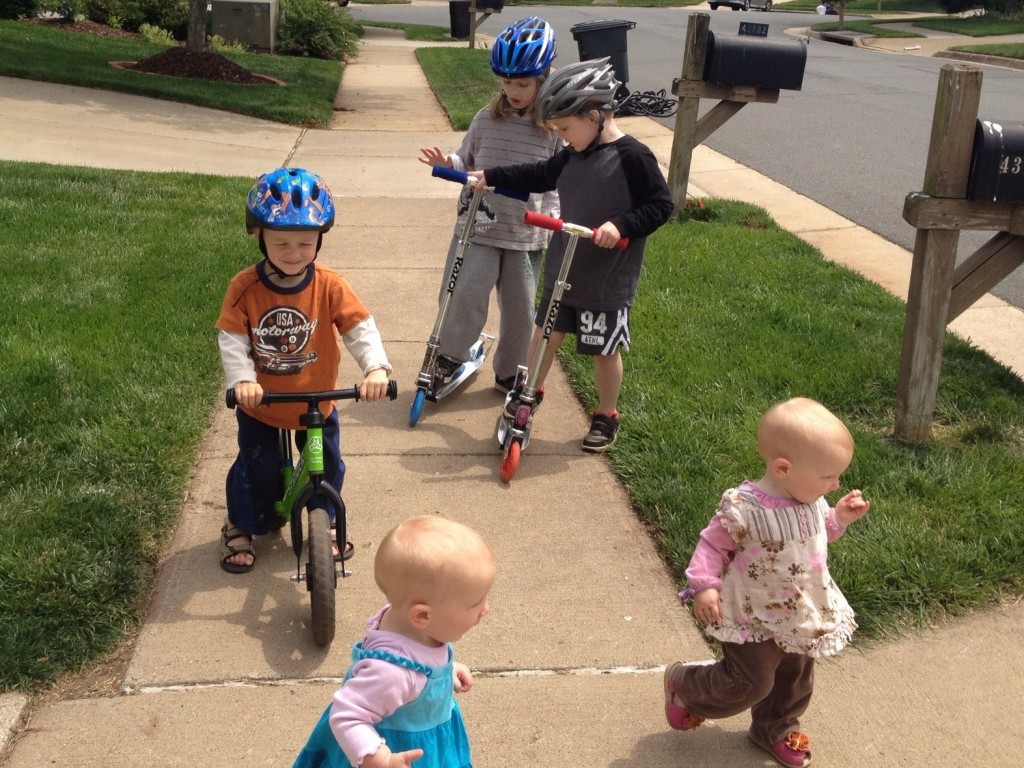A week or two ago, I got the following email:
I’ve been reading a lot of Sandra Dodd’s stuff on rules vs principles. I understand the concept that there’s a difference, but I just can’t imagine how it works. I came from a family where there was literally a new rule every week. My dad’s favorite saying was, “Okay, new rule!” Then he would commence to tell us what annoyed him that week and what we can’t do anymore. So understandably, I don’t know how to parent without lists and lists of rules. My LO is only 8 months old, but I’d like to get this whole principle thing down so she’ll have respectful boundaries and her world won’t be chaos. How did you go about setting principles and boundaries with toddlers?
A lot of times, when people ask me about transitioning to some of these unschooling and gentle parenting philosophies, I struggle in my answer. Not because I don’t know how I feel (I do), and not because I feel like I have it all figured out (I don’t)… but just because it was something we went through – rather smoothly, thankfully – when Spencer was still a baby 15 years ago; 15 years is a long time; I’m old 38; and sometimes I honestly don’t remember the specifics.
But this I remember.
I remember that moment, one of many such lightbulb-moments that would serve as the framework for my entire parenting journey, when I decided:
Rules are kind of stupid.
Before I get flogged for that, of course I don’t mean all rules. But some rules. A lot of rules. Arbitrary rules (and as it turns out, many many rules fall under the category of arbitrary) I was going to do away with arbitrary rules.
Some rules do serve a purpose though, and I got that. So my first new rule (ha) under my new no-rule policy was that I could only make a rule if it was a) a matter of safety, or b) had to do with respect… either towards self, towards others, or towards your surroundings. When it came down to it, I decided, those were the only rules that mattered. And for a short while it worked. It wasn’t long however before I realized that even those well-thought out rules, while maybe not classifying as “stupid” exactly, were unnecessary.
I wear my seat belt every single time I drive… not because I’ve made it a rule, but because it’s a simple thing I can do to increase my safety in the car.
I try to treat others with kindness and respect… not because I’ve made it a rule, but because it’s the right thing to do.
I want my kids to live with the same kind of principles. I want them to make decisions based on what’s important to them, based on what they’ve learned from our actions as their parents, based on what they’ve learned by living and playing and working together as a healthy family. Based on their own sense of right and wrong. Not based on an outwardly imposed list of “do”s and “do not”s.
We still talk about safety. We still talk about respect. We still talk about good choices.
But… sometimes we jump on the bed.
Sometimes we play with fire.
Sometimes we have ice cream before dinner.
Sometimes we have ice cream FOR dinner.
We don’t have to make family rules in order to live together safely, happily, and with mutual respect. We talk to our kids. We listen to our kids. We respect our kids. We respect each other. We show them what healthy relationships look like. We show them what healthy decisions look like. We let them explore and try and look and touch, all while we’re right there beside them… to guide them, to protect them, to act as their safety net when they need it, and as their biggest supporters when they don’t.
And since this is all likely begging the question: “How will they ever learn to follow the rules? Won’t they be disorderly, disruptive, and disrespectful? How will they learn to operate in polite society?” My answer to that is this:
My children have never had an issue following rules. They follow the rules at church, at Cub Scouts, at gymnastics class, and at karate. They follow the rules at zoos and museums and public stadiums. When we go new places, we educate ourselves about the rules. And because they have respect for themselves and respect for others; because they understand that their being able to enjoy or see or experience is sometimes contingent on following the rules, they have no difficulties doing so. Rules have never been set forth as something oppressive or scary or overwhelming. They are sometimes necessary in other places, and the kids all know that. They know that they are sometimes silly, and they know that they can question them and that we will always give them an honest answer. They also know that when they go anywhere with rules in place that they have a choice: to follow the rules or not. They know that the owners/persons in charge of said place have a choice too: to give second chances or to ask them to leave.
I don’t worry that my kids won’t learn to follow rules. They already do. Perhaps even more importantly, I also don’t worry that they’ll blindly follow unfair or immoral rules either. They’re learning to question. Just like I’d hoped all those years ago, they’re learning to use their own minds, and follow their own sense of what’s good and what’s right and what’s necessary and what’s fair….. all without ever having been given rules requiring them to do so.


